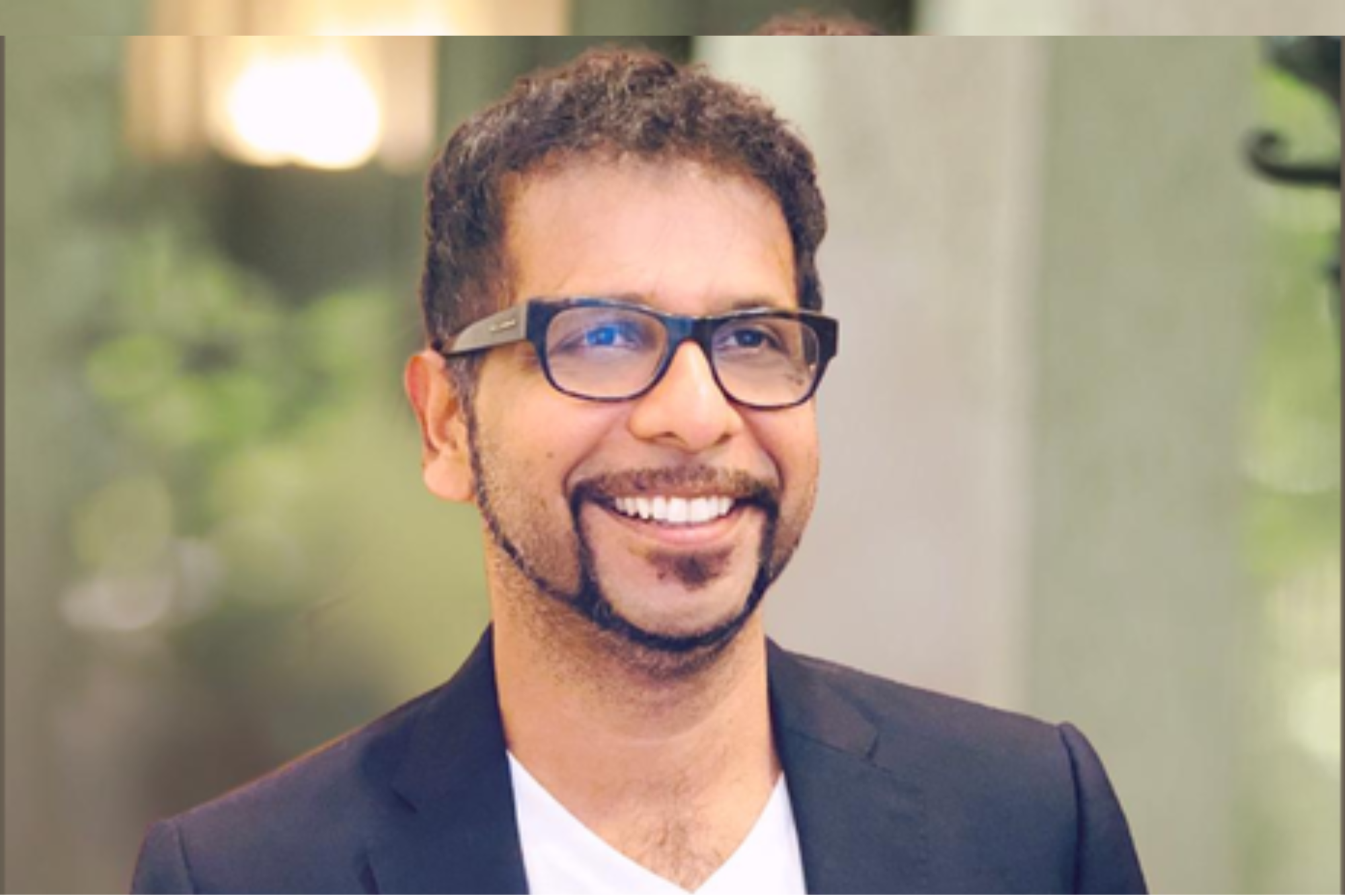The Digital Driver: Rukhsar Kazi, Founder and CEO, Our Quotient A key milestone of hers is when they built Our Quotient's first workspace and created their own social media calendar, "we sold 100+ copies within 25 days of launch and still get requests"
You're reading Entrepreneur India, an international franchise of Entrepreneur Media.

At a mere young age of 18, Rukhsar Kazi had a realiza- tion that she wouldn't fit in the 9-5 scheme of life. While working at a marketing firm, cold calling and inviting clients for an event in Mumbai, she decided that she wanted to steer away from the traditional marketing format. Post that she studied Digital Marketing and delved into content creation as a product stylist and flat- lay photographer.
"I had a passion for aesthetically capturing products for my brands and worked independently to gain experience. After much trial and error, I felt like a polymath of sorts and decisively embarked on the Our Quotient journey - and what a rollercoaster it's been!" shares Rukhsar Kazi, Founder and CEO, Our Quotient.
The ever-evolving business of digital marketing has a lot of technicalities that some agencies do not comprehend, perhaps the reason why agencies have a bad repute today
Kazi and her team are learning and unlearning various trends to keep themselves relevant and customize their offerings, and is creating the right conversations to facilitate real conversions for every brand they cater to.
"There is no dearth of agencies in Mumbai, but a lot of them are open- ing up on a whim. The ever-evolving business of digital marketing has a lot of technicalities that some agencies do not comprehend, perhaps the reason why agencies have a bad repute today," shares Kazi.
She counts resilience and dedication as her strong points which have helped her move swiftly through challenges. A key milestone of hers is when they built Our Quotient's first workspace and created their own social media calendar, "we sold 100+ copies within 25 days of launch and still get requests."
A whopping 90% of her team comprises women employees. "The fact that women have higher EQ (emotional quotient), automatically makes them a better fit for most roles. Women employees- make for the best, most trustworthy, and most efficient teammates."
In the next 3 to 5 years, she envisions the brand to be among the leading digital marketing agencies in Mumbai. Additionally, they aim to increase their revenue by 10x and also grow the team further.











